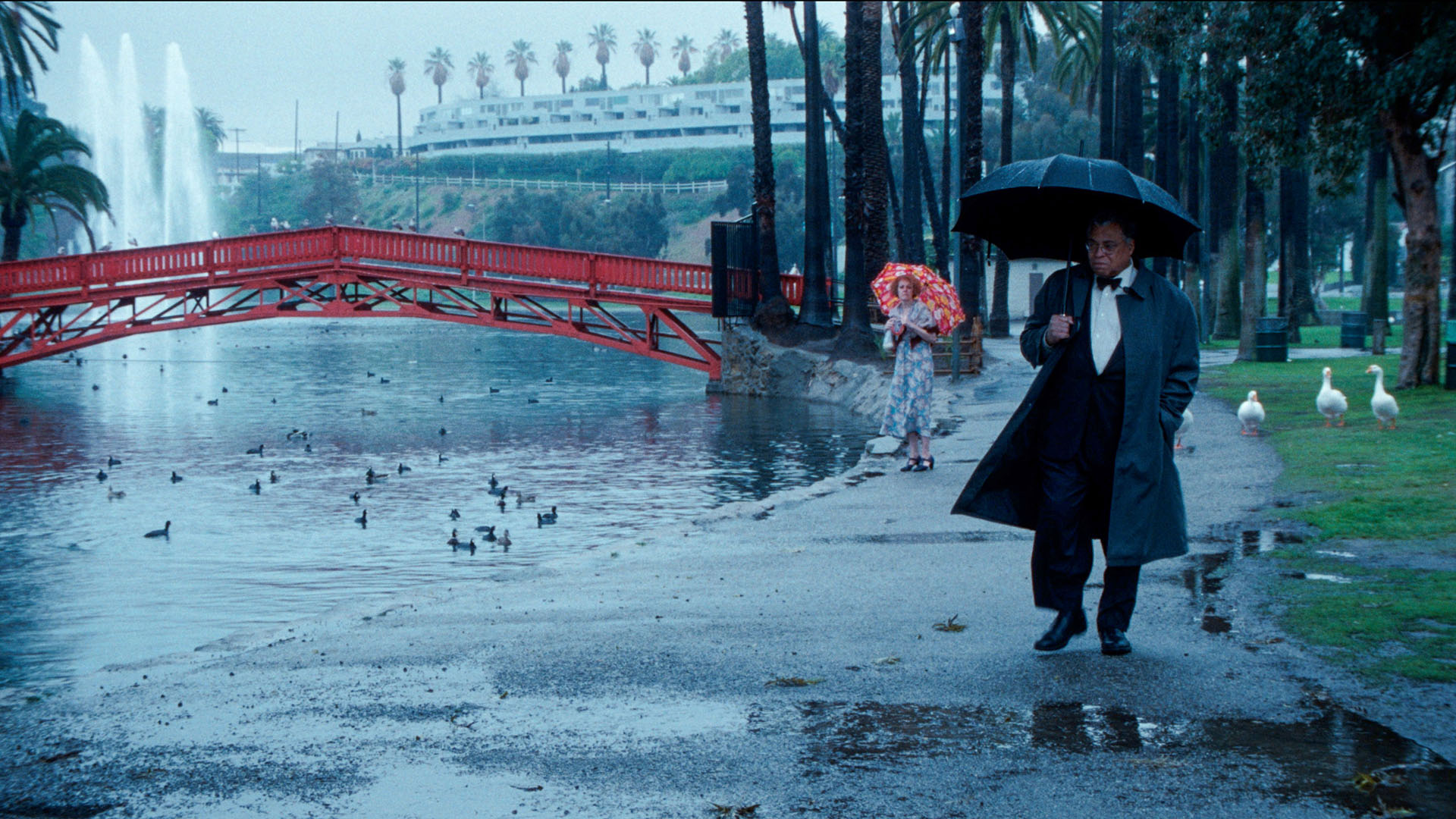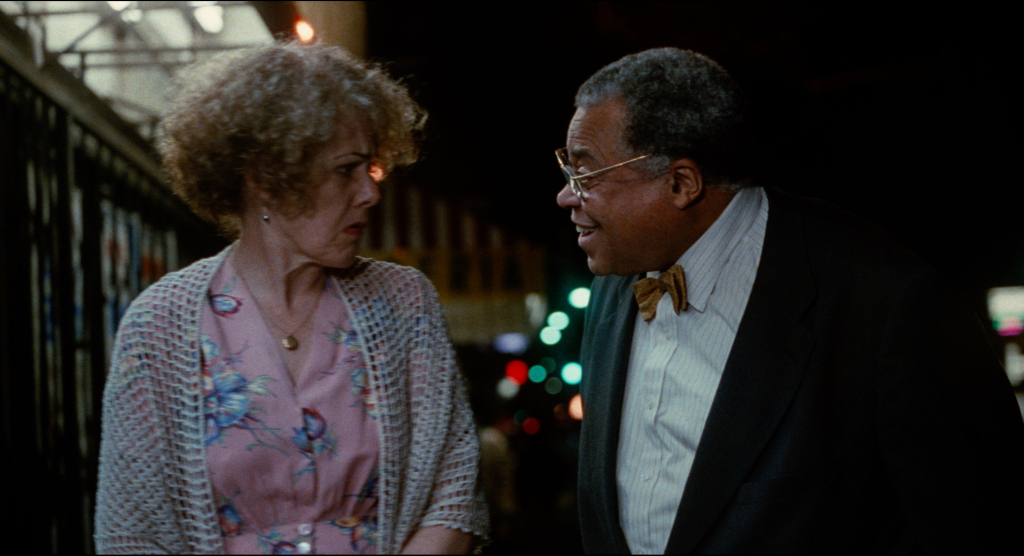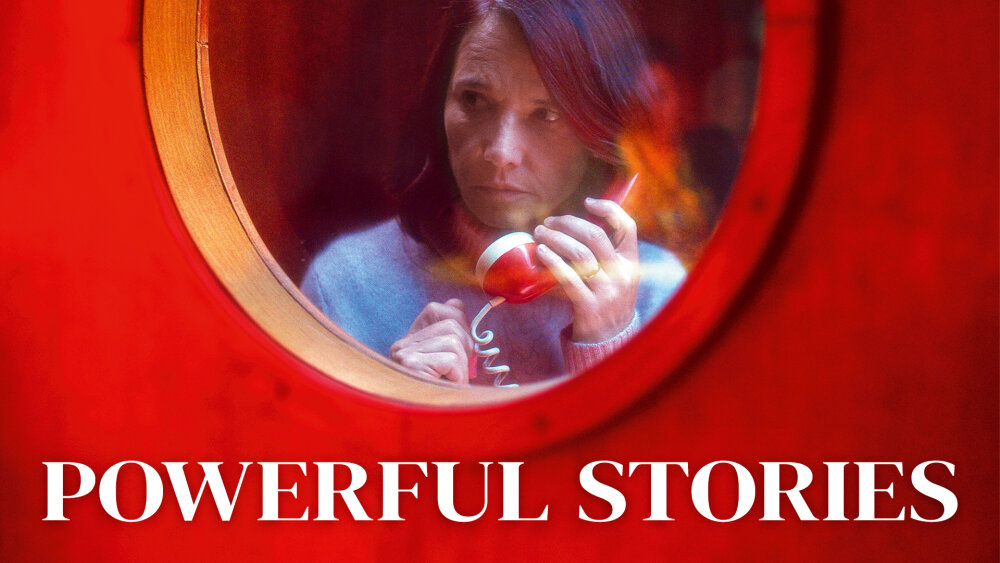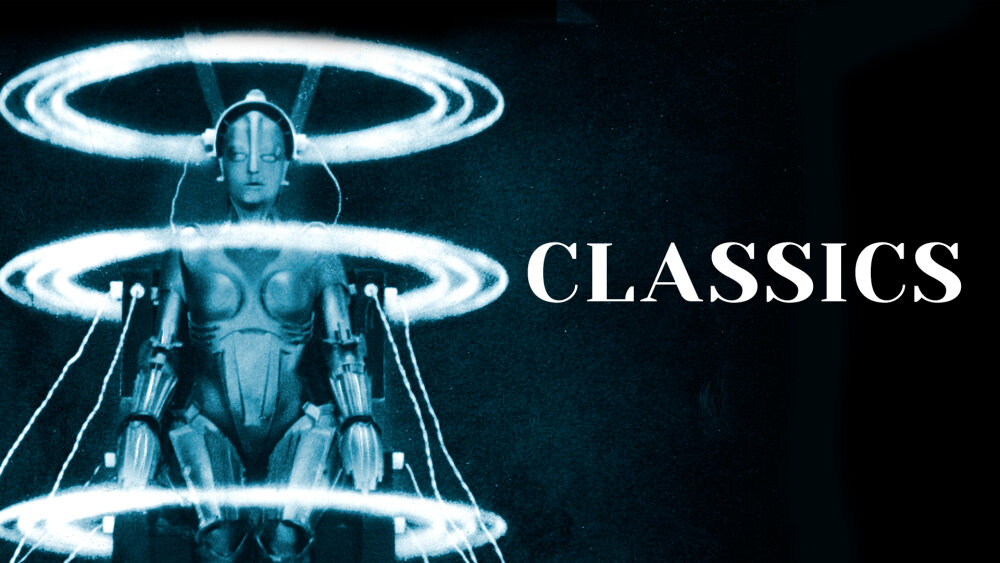
Charles Burnett’s ‘The Annihilation of Fish’ Proves Love Is Not Always What You Imagine

As an underrated legend of independent film, Charles Burnett knows a thing or two about delayed gratification. His first feature, Killer of Sheep, debuted in 1978, but didn’t receive a general release until 2007. Similarly, his 1999 feature, The Annihilation of Fish, just had its theatrical release in February, along with a home entertainment release in June. So it’s all the more fitting that the latter film explores what surprises might await you late in life.
Starring James Earl Jones and Lynn Redgrave, The Annihilation of Fish follows two late bloomers who each have an imaginary figure in their lives. Jones plays Obediah—but goes by Fish—a 60-something Jamaican immigrant who is plagued by an invisible demon named Hank. It wouldn’t be such a terrible affliction if it weren’t for Hank’s penchant for surprise attacks, which force Fish to wrestle him, often in the most inconvenient of settings (Hank is first introduced when Fish is attending a church service). After one bout too many, Fish is thrown out of the group home he’s been with for the last decade.
.jpg)
Then there’s Poinsettia (Redgrave), a woman with two loves in life: drinking and Madame Butterfly. Her obsession with the opera is so extreme, she imagines that its composer, Giacomo Puccini (who died in 1924), is her lover. Desperate to marry Puccini so that she will no longer live in sin, Poinsettia tries but is turned away by various officiants who don’t recognize invisible deceased opera composers as eligible grooms. Unable to accept that hell is imminent, Poinsettia decides to call things off with Puccini and moves from San Francisco to Los Angeles.
And that’s how Fish and Poinsettia end up living across the hall from one another. They both move into the same run-down, but charming antique of an apartment building owned and managed by Mrs. Muldroone, a compassionate widow (played by Margot Kidder) who obsessively waters an unruly weed that reminds her of her late husband.
.jpg)
Fish and Poinsettia start out as two wary neighbors, each with their respective eccentricities and emotional baggage, but they soon bond over a shared love of Gin Rummy. As friendship gives way to romance, one thing becomes painfully clear: it’s been far too long since anyone’s noticed them, let alone seen them. The Annihilation of Fish is not only an unlikely love story, but a character study in what it’s like to live inside your head and suddenly meet someone who knows what it’s like in there. On the surface, it’s a tale of two lost souls finding each other, but what gives it emotional complexity and depth is the recalibrating that’s required after they meet. Between ghosts, demons, and the challenges of interracial romance, Fish and Poinsettia have a lot to figure out, but we get the feeling that they’ve each faced much worse.

Despite his characters’ quirks, which involve a good deal of pantoming and slapstick, Burnett never mocks them. And both Jones and Redgrave give impressively physical performances that inject comedy into individuals wracked by decades of loneliness. As a result, we never pity them either. Burnett directs with a tender but assertive hand that allows his actors to fully bloom and own their thorns, like Mrs. Muldroone’s wayward weed.
The Annihilation of Fish is now available to own in a never-before-released 4K restoration and available to stream on Kino Film Collection.











